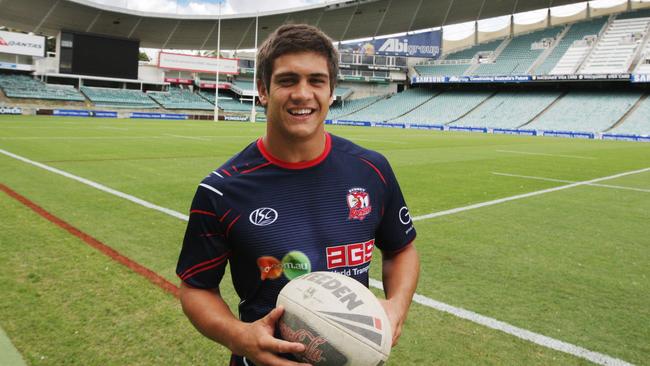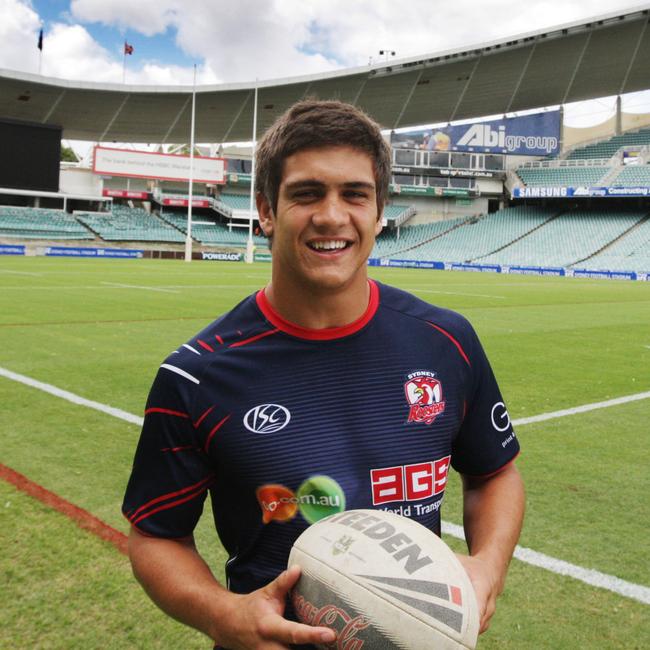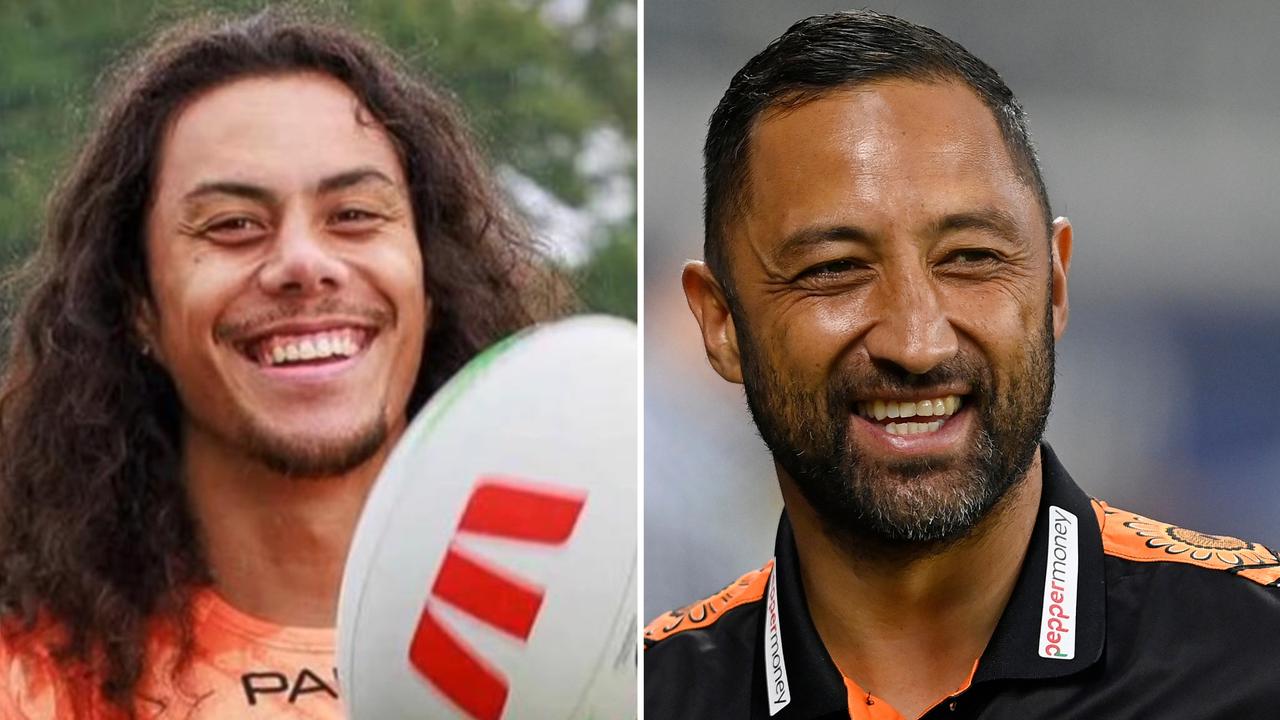NRL: Rugby league’s poaching fund is a tried and true waste of money
Rugby league is in panic mode with offers of a salary cap discount to recruit stars from rugby union, this is not a new move, but it is one doomed to failure, writes Brent Read.

Opinion
Don't miss out on the headlines from Opinion. Followed categories will be added to My News.
Anyone remember JP du Plessis? Peter O’Sullivan does. He was the scout who discovered an 18-year-old du Plessis playing rugby union in South Africa, where he was a schoolboy star in the rival code.
O’Sullivan found another gem as well. Brian Skosana was his name. A badly broken leg put a dent in his rugby league dream and Skosana never fully recovered, swiftly returning to rugby union in his homeland.
Du Plessis was the one though. He could play. O’Sullivan swears to this day that he could have been a handy rugby league player, certainly good enough to play in the NRL.
He didn’t stick it out though. After two seasons with the Sydney Roosters in the under 20s, du Plessis returned to rugby union and joined the Melbourne Rebels, where he played one game before returning to South Africa.
O’Sullivan, it seems, was ahead of his time. The NRL is now considering a plan that would allow clubs to have salary cap exemptions for players from rival codes in foreign countries.
The next NRL star could be running around in South Africa right now. Or Argentina apparently. Anyone for America?

O’Sullivan didn’t have the advantage of salary cap exemptions at the time but even with them potentially becoming available under a plan that is being considered by the ARL Commission, he hedges his bets on whether he would look overseas again.
The issue isn’t talent. It’s time and whether there is enough to justify investing money in a rugby union player who could take years to adapt to a foreign code.
“They were completely foreign to the game,” O’Sullivan said.
“I know the games are similar but kids in New Zealand and Australia, even when they are pure rugby players they still watch it and understand it.
“South Africans had no conception whatsoever.”
Yet that is exactly where rugby league clubs are being asked to look as the NRL attempts to fight fire with fire. The war between the codes has dominated column inches in recent weeks.
It has become a sideshow as Australian Rugby Union boss Hamish McLennan sets his very public sights on a handful of marquee rugby league names and takes great delight in sharing them with the world.
The whisper is that McLennan wants a big name in each state. He has landed his prized target in Sydney – Joseph-Aukuso Suaalii. Word is that Payne Haas is on his radar in Brisbane. Storm star Nelson Asofa-Solomona has been a rumoured target in Melbourne.
Rugby league apparently has a fight on its hands. Or does it? Those of us who have been around the game long enough have been down this road before are well versed in McLennan’s tactics.
They come from an old and dusty playbook. Rugby union has arrived armed with a war chest and taken some high-profile players. Panic has set in, NRL clubs have cried foul and head office has reacted.
More than a decade ago, the NRL’s response was to put in place exemptions for players poached from rugby union. It didn’t last long. The clubs never used it.
“There were a few worrywarts around and rugby were making noise, having signed some very good players of ours, so we said that you could get a concession if you went and got a certain standard of rugby player,” former NRL chief executive David Gallop said.
“I don’t think it got used and is probably still in the NRL rules. At the end of the day, like now, the NRL clubs were smart enough to know that nurturing your own talent and developing your own pathways was the way to win, motivate your staff, players and fans and ultimately the way to build a culture in your footy club.
“Our nurseries were strong and the game had a competition that players wanted to be part of. I don’t think that’s changed.”
Players union boss Clint Newton is even damning of exemptions. He rightfully suggests that if there is more money to share in the game, it should go to the players who are currently in it – the blokes who have been and continue to stay loyal.
Amid all this madness, they may be the most intelligent comments yet.





